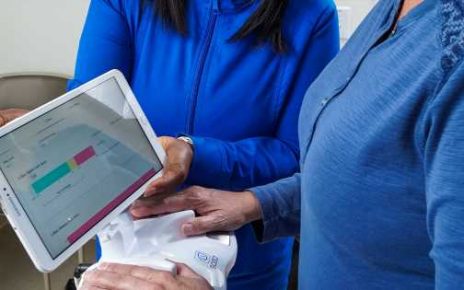BANGKOK (Reuters) -Thailand reported 1,543 new coronavirus cases on Thursday, the sharpest increase since the start of the pandemic and the fourth record rise this week, prompting authorities to prepare new restrictions that would include closing schools and clubs.
Thailand has so far managed to contain the number of cases relative to other countries, but the new outbreak comes as many have travelled during the country’s Songkran new year holidays and as vaccination rates are still low.
Asked whether lockdowns would be imposed, health official Chawetsan Namwat said measures were being formulated based on case numbers in each area and would be proposed to the coronavirus taskforce for approval on Friday.
“We have to divide up the areas based on seriousness, which is different and so measures have to be suitable for each area,” Chawetsan told a briefing.
The measures include closing entertainment venues, clubs, bars, massage parlours and schools nationwide for at least two weeks, health minister Anutin Charnvirakul said in a statement.
Activities involving over 50 people would be prohibited and 18 provinces, including Bangkok, classified as red zones and the remaining 59 provinces as orange.
Restaurants would not be able to serve alcohol and must close by 9 p.m. in red zones.
Authorities have already urged people to limit travel and begin working from home. Shopping malls will also close at 9 p.m and the banking association said branches outside malls will shut at 3:30 p.m. and limit customer numbers.
Thailand’s last major lockdown was in late March last year, with a curfew imposed in April, before months of relatively relaxed curbs as cases were mainly contained.
Of the new infections reported on Thursday, 409 were in Bangkok, the outbreak’s epicentre.
The new cases took total infections to 37,453, with deaths remaining at 97.
All positive cases have to be admitted into care under Thai rules, with 8,973 patients currently being treated, which could stretch a healthcare system already strained by the last outbreak.
In a statement, the government said there was sufficient space to accommodate patients, especially in Bangkok and nearby provinces, with more than 6,000 beds arranged and 2,200 more planned including in field hospitals.
Chawetsan denied the rate of vaccination was slow, but said the country had received a limited number of doses. Government data showed about 2,000 additional vaccinations by Thursday from a day earlier out a total of 581,308.
Thailand has vaccinated less than 0.4% of its population, trailing neighbours including Malaysia, with 1.5%, and 14.6% in Singapore, a Reuters estimate found.
The government’s main vaccination strategy relies on locally-produced AstraZeneca shots, which are expected to start being delivered in June, with the aim of inoculating half of the adult population by the end of the year.
Source: Read Full Article



